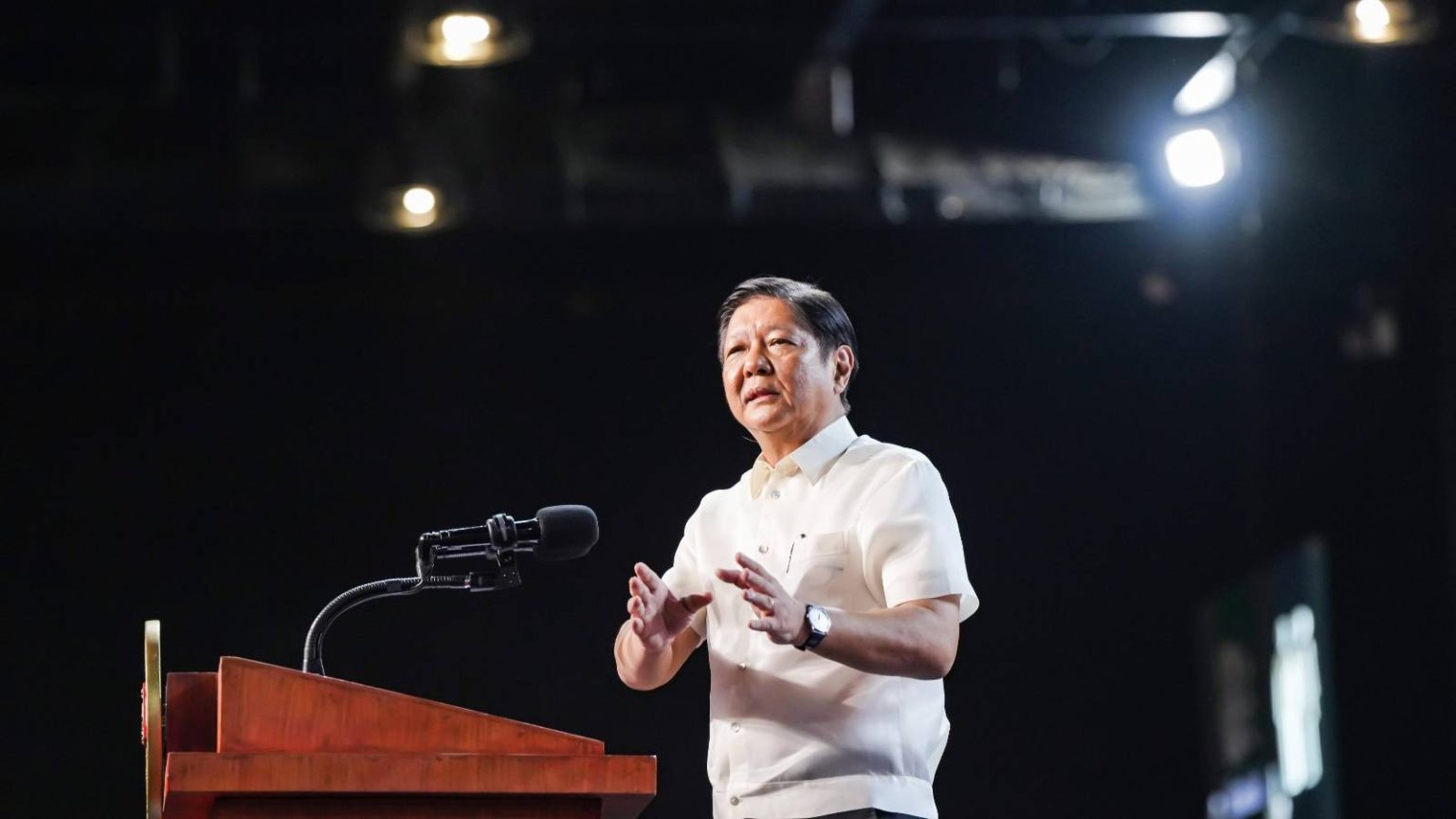Headline
PBBM forms inter-agency body on inflation, market outlook

Under Executive Order (EO) 28, which was signed by Marcos on Friday, the IAC-IMO will be co-chaired by the secretaries of the National Economic and Development Authority (NEDA) and the Department of Finance (DOF). (PCO file photo)
MANILA – President Ferdinand R. Marcos Jr. has ordered the creation of the Inter-Agency Committee on Inflation and Market Outlook (IAC-IMO) in an effort to ramp up the government’s efforts to ease inflation and improve the Philippine economy.
Under Executive Order (EO) 28, which was signed by Marcos on Friday, the IAC-IMO will be co-chaired by the secretaries of the National Economic and Development Authority (NEDA) and the Department of Finance (DOF).
The Budget secretary will be the vice chairperson of the IAC-IMO, while the secretaries of Agriculture, Trade, Energy, Science and Technology, and Interior and Local Government departments will serve as members.
According to EO 28, the IAC-IMO will act as an advisory body to the Economic Development Cluster (EDC), which will now be known as Economic Development Group (EDG).
The IAC-IMO is tasked to monitor the main drivers of rising prices of basic goods, particularly of food and energy, and their proximate sources and causes.
The EO also directs the inter-agency body to assess the supply-demand situation for essential food commodities during the cropping period to allow periodic updating as new information becomes available.
The IAC-IMO is also directed to assess the possible impact of natural and man-made shocks on the supply of key food commodities, as well as to monitor the data necessary to assess food prices and the supply and demand situation.
EO 28 also mandates the IAC-IMO to facilitate regular and efficient data sharing among concerned agencies to ensure timely supply and demand situation analysis; monitor global, regional, and domestic developments and issues that may affect prices.
The IAC-IMO is also instructed to provide timely recommendations to the EDG and relevant agencies on measures to curb price spikes and promote food security based on ex-ante supply and demand analysis.
The IAC-IMO shall submit a report to the EDG of the country’s food and energy supply and demand situation and outlook every quarter, or as the circumstances may require.
The report should include recommendations on short, medium, and long-term measures to manage inflation.
EO 28 also tasks the IAC-IMO to formulate and maintain a dashboard containing relevant information on prices, as well as the supply and demand for food and energy commodities.
Reorganization of EDC
Meanwhile, the new EO reorganizes and renames the EDC as EDG to ensure that the integration of programs, activities, and priorities toward sustained economic growth remains “efficient and effective.”
Under EO 28, the EDG will also be co-chaired by NEDA and DOF secretaries.
Members of EDG include the head of Presidential Management Staff and the secretaries of Agriculture, Budget, Energy, Information and Communications Technology, Interior and Local Government, Labor, Public Works and Highways, Science and Technology, Trade, Transportation, and Tourism departments.
“In view of the increasing prices of key commodities, particularly food and energy resources, the creation of an advisory body to the EDC, tasked to directly address inflation, will strengthen the EDC, and reinforce existing government initiatives aimed to improve the economy and the quality of life of the Filipino people,” EO 28 read.
The EDG will be responsible for harmonizing, coordinating, complementing, and synergizing efforts to ensure the country’s rapid, inclusive, and sustained growth, according to the EO.
EO 28 mandates the EDG to promote an environment conducive to the growth and competitiveness of private enterprises and the creation of jobs that will empower people and provide them with opportunities to rise above poverty.
The EDG should also improve farms and rural enterprises, as well as trade policies vital to achieving food security and more equitable economic growth.
It is also directed to mitigate inflation and ensure food and energy security, while balancing the interests of producers, consumers, and the economy.
It should also undertake research and development that are relevant to and supportive of the requirements of micro, small, and medium scale enterprises and for national industries.
It is also tasked to improve national productivity and competitiveness of domestic products and services, as well as ensure deep and wide distribution of economic opportunities and benefits to the Filipino people.
To avoid duplication of efforts and forum shopping, EO 28 instructs the EDG to defer to the NEDA Board on matters within its primary purview and its inter-agency committees, pursuant to EO 230 inked in 1987.



























